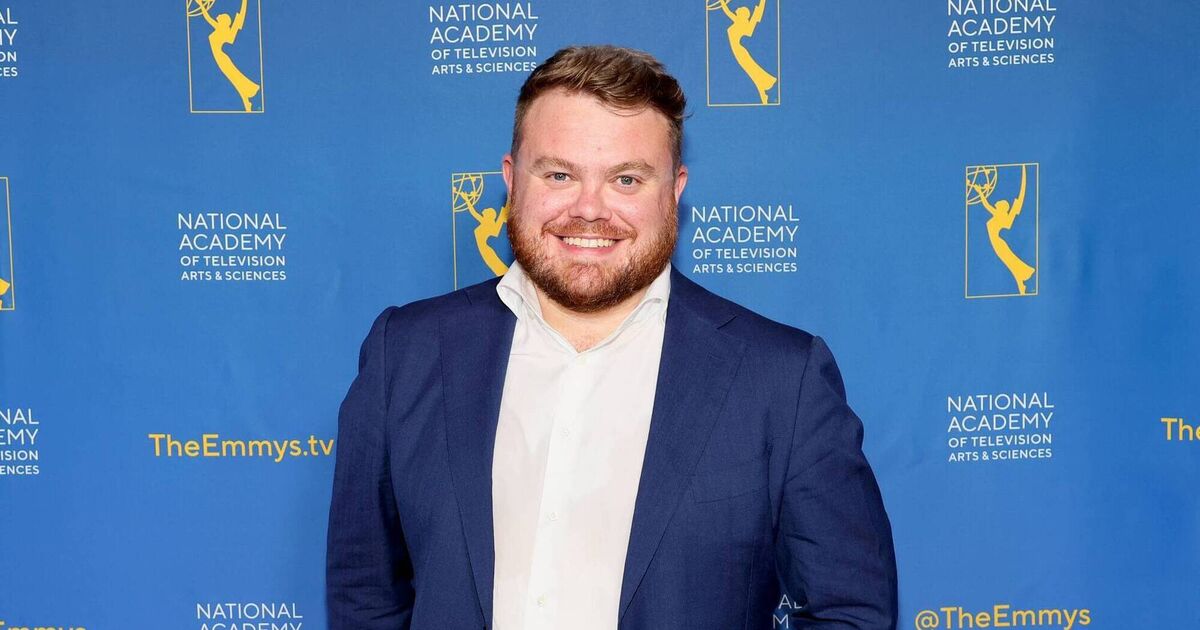When the National Academy of Television Arts and Sciences announced that Donie O’Sullivan had won an Emmy Award for outstanding news coverage, they neglected to mention one small detail.
“It was nice,” the world’s most famous Kerryman says down the Zoom line from his New York pad. “They make you pay for the statue, though.”
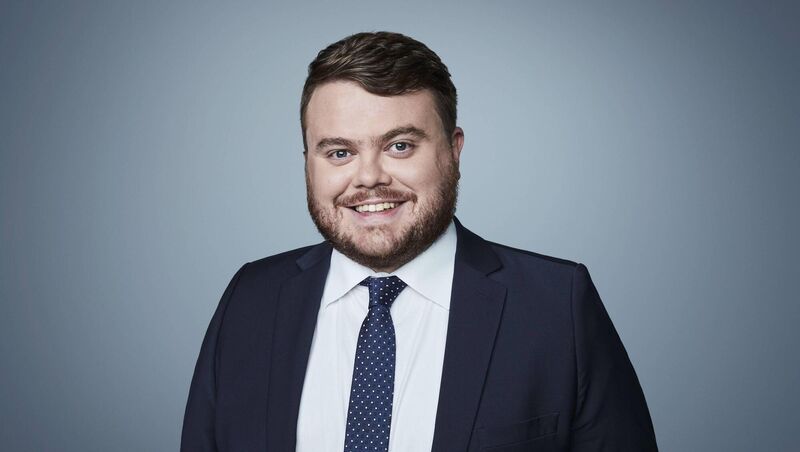 Donie O’Sullivan recently won an Emmy Award for outstanding news coverage
Donie O’Sullivan recently won an Emmy Award for outstanding news coverage
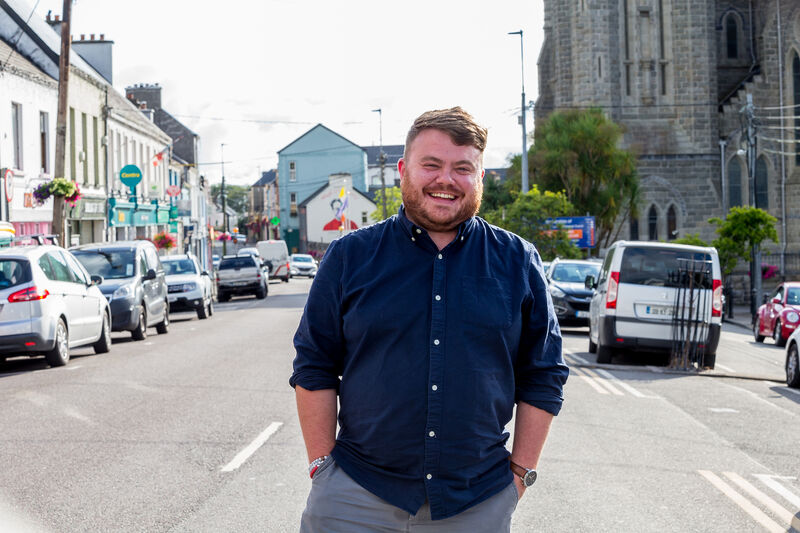 Conspiracies and fringe beliefs are a central plank of O’Sullivan’s new podcast
Conspiracies and fringe beliefs are a central plank of O’Sullivan’s new podcast
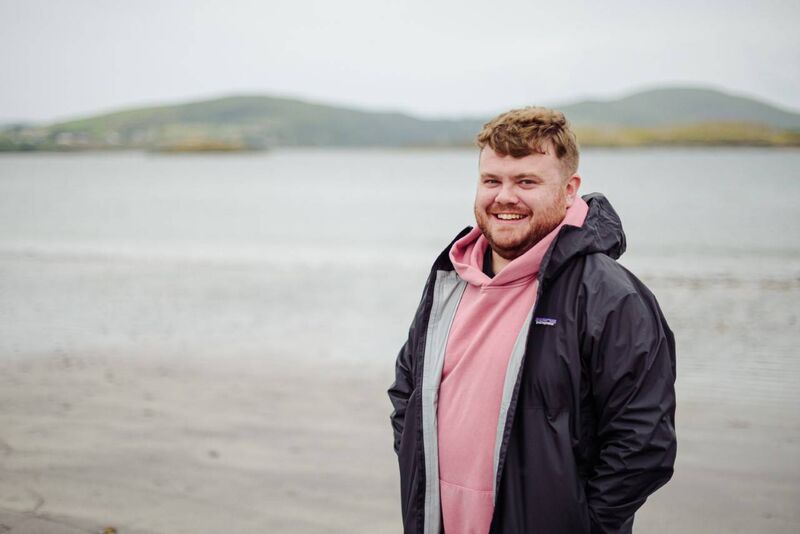 Donie O’Sullivan: ‘It helps to be an outsider.’
Donie O’Sullivan: ‘It helps to be an outsider.’
“But actually, if you look at it, I mean, Irish and Irish Americans, there isn’t an Irish America vote, there isn’t a monolith, Irish America is not a monolith anywhere. But for a lot of Irish Americans, they’re Republicans, they’re ardent Trump supporters, they’re conservatives, they are very religious, and that makes sense; if you think of some of the most prominent Trump supporting conservative people in the US, it’s people with Irish names: it’s Sean Hannity, it’s Bill O’Reilly, it’s Steve Bannon, Kelly-Anne Conway. So sometimes there is this confusion.”
“I feel like he had travelled across the country, or somewhere from out of state, and was streaming live, saying he was coming to CNN to confront me. And at that point I had never been on TV, I was a writer, a reporter. It was quite early on. So there have been things like that.
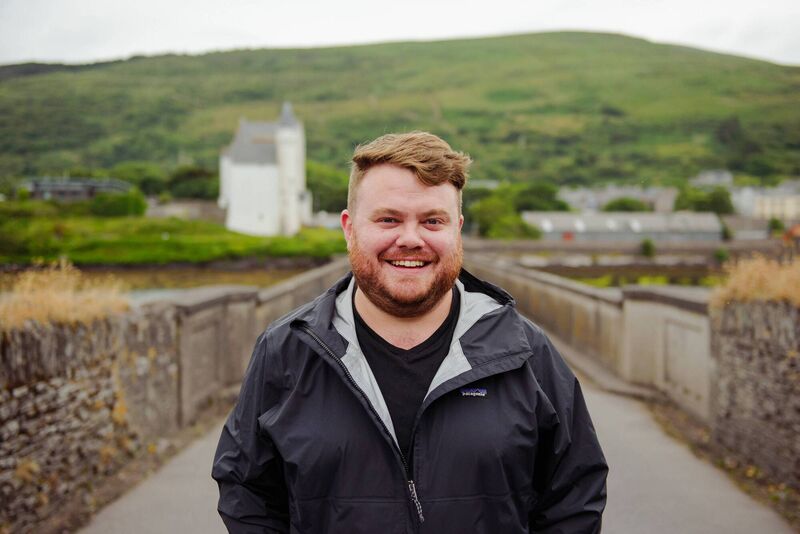 Donie O’Sullivan: A conspiracy theorist actually showed up in New York to confront me.
Donie O’Sullivan: A conspiracy theorist actually showed up in New York to confront me.
“I think part of that is to do with – I don’t think it’s a ‘woke’ thing to say – the fact I am a white man; being on the internet as somebody who is anything other than a white, straight man makes things immediately more difficult. If you’re a woman, if you’re brown, if you’re queer, that just automatically turns up the hate.”
“You know, with a politician, it could be seven minutes [long], the questions can be really informed, sometimes there’s gotcha questions in there, it all feels a bit rushed out and fast and soundbitey. And then you have [podcast kingpin] Joe Rogan, who sits down with somebody for three hours.
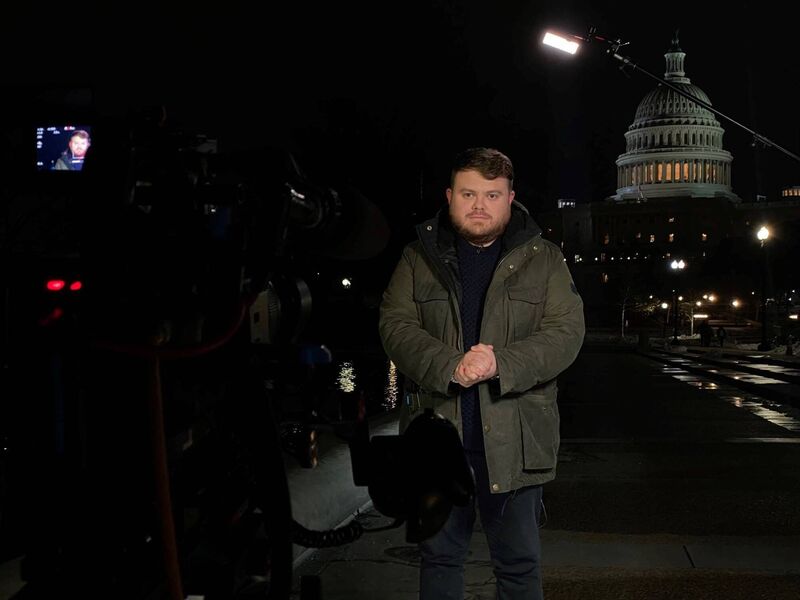 Donie at Capital Hill
Donie at Capital Hill

